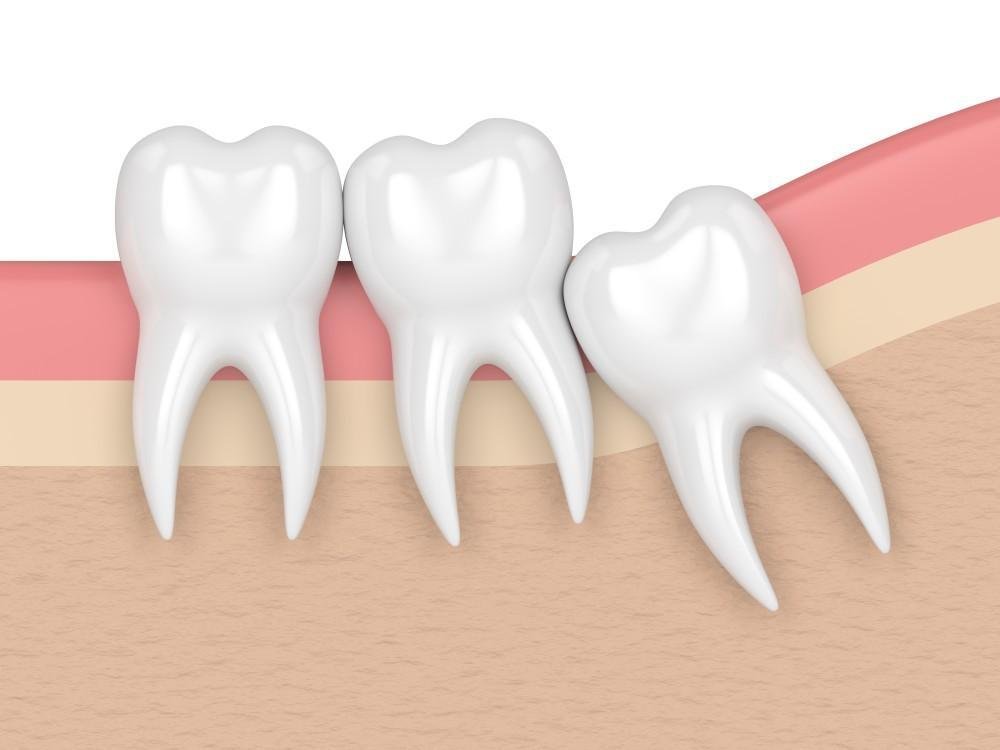
How Impacted Teeth Can Affect Your Oral Health
Impacted teeth can lead to discomfort and complications if left unaddressed. This condition occurs when teeth cannot fully emerge through the gum line, often due to a lack of space or improper alignment. While wisdom teeth are commonly associated with impaction, others can also become trapped beneath the surface. Understanding the potential effects of these teeth on oral health is key to maintaining overall well-being.
What Are Impacted Teeth?
Impacted teeth are those that fail to grow in their proper position or cannot fully break through the gums. This can occur due to crowding, misalignment, or developmental issues. Wisdom teeth, or third molars, are the most frequently impacted, as they tend to appear later in life when there might not be sufficient room in the jaw. However, other teeth, such as canines, can also face similar challenges.
Impacted teeth may remain entirely beneath the gumline or partially emerge. Visible or not, their presence can lead to various oral health issues if left untreated. Recognizing the signs is one step toward addressing the problem and minimizing complications.
How Do They Affect Oral Health?
Impacted teeth may contribute to several oral health challenges. One common issue is the development of inflammation or swelling around the affected area. When a tooth is partially erupted, it creates a pocket where food particles and bacteria can accumulate. This may increase the risk of infection, leading to discomfort and difficulty chewing.
Crowded teeth can place pressure on surrounding teeth, potentially causing them to shift out of alignment. This pressure could affect your bite, making it difficult to chew properly and potentially contributing to jaw pain or tension. The misalignment caused by impacted teeth might complicate cleaning, increasing the chance of cavities and gum disease.
For some individuals, these teeth form cysts, which are fluid-filled sacs that develop around the tooth. Over time, these cysts may damage nearby bones and teeth, requiring surgical intervention. Detecting these issues early helps as treatment can become more complex if problems are allowed to progress further.
When Should I Seek Professional Advice?
Regular dental checkups play a role in identifying impacted teeth before complications arise. Dentists may identify potential problems through visual examination or dental imaging. X-rays, in particular, allow professionals to determine whether a tooth is impacted and assess its position.
Sometimes, these teeth remain asymptomatic for years. Individuals may not experience any discomfort. Dentists can monitor these teeth and recommend appropriate actions based on their position and potential long-term complications. If you notice symptoms such as swelling, pain near the back of the jaw, or difficulty opening your mouth, it may be time to consult a dentist. Prompt attention could prevent additional complications and alleviate discomfort.
What Treatment Approaches Exist?
The treatment for impacted teeth varies depending on the severity of the condition and the symptoms present. If a tooth shows no signs of causing problems, your dentist might opt to monitor the tooth instead of removing it immediately. Close follow-ups allow for intervention if the situation changes.
Surgical removal is a common approach for teeth causing pain, misalignment, or other issues. This is often the case with wisdom teeth. A trained dental professional will carefully evaluate the tooth’s position and determine the best course of action. Aftercare helps with proper healing and maintaining oral health following the procedure.
Other than wisdom teeth, orthodontic treatment may be used to guide the tooth into its proper place. Braces or aligners help create space for the tooth to emerge correctly. Your dentist or orthodontist will provide a tailored solution based on your specific condition.
Take Proactive Steps for Your Oral Health
Addressing this promptly can protect your oral health and prevent further complications. If you have concerns about impacted teeth or experience any related symptoms, scheduling a dental consultation is the best course of action. Regular dental visits and evaluations can help you maintain a healthy, pain-free smile.
